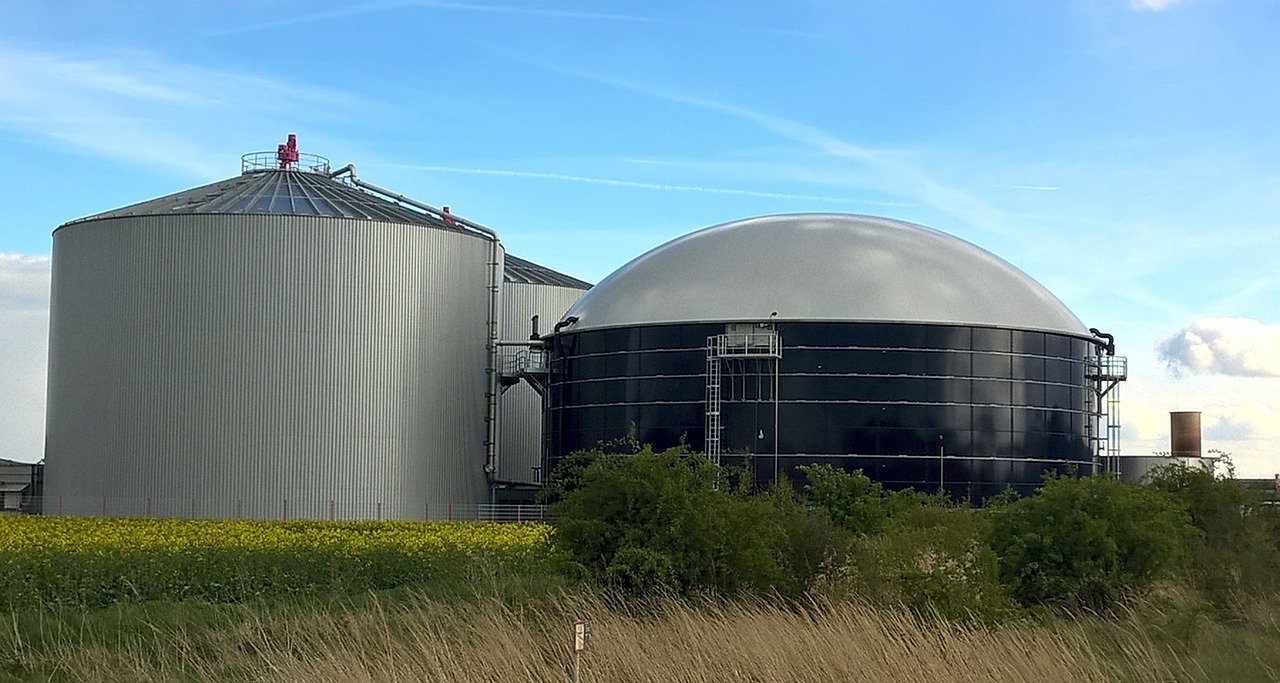
Alongside SUEZ, EIFFEL, through its fund EIFFEL GAZ VERT, which already financed ARA projects, is acquiring a 24.5% stake in ARA. BOURGOGNE, former majority owner of ARA, retains a 24.5% stake in ARA.
Marc-Etienne Mercadier, fund manager of Eiffel Gaz Vert said, “We are thrilled to become shareholder of the platform that we started to finance three years ago. The combined expertise of SUEZ, Eiffel and Bourgogne will allow to position ARA Cursus as a leading actor of the Polish biogas market
ARA, a Polish developer and operator of anaerobic digestion plants has developed a portfolio of nine agricultural biogas projects in the country, with the support of key technology and project partners. Each project is designed to produce around 1 MW electrical renewable energy, with one project currently in operation. The next group of projects is due to start construction beginning this year. The projects also involve the production of digestate as an agricultural fertilizer, and the drying of wood for commercial customers.
SUEZ, along with EIFFEL, financial partners and BOURGOGNE, plans to invest nearly €70 million in the construction of the first group of biogas plants and the development of additional biomethane production plants.
Yves Rannou, SUEZ Chief Operating Officer Recycling & Recovery, Executive Vice-President said, “Together with our partners, we are committed to enabling our customers in Poland to drive their ecological transition by increasing waste recovery and local renewable energy production.”
Thanks to its expertise and portfolio, ARA is uniquely positioned to take advantage of the promising biomethane market in Poland. The development of biogas production benefits from the support scheme established by the Polish government in 2023. The national biogas production is expected to reach 30 TWh by 2030 and will leverage on the abundant local agricultural waste feedstock.
With the combined production of renewable energy and biofertilizers, ARA’s biogas plants will contribute to Poland’s low-carbon energy transition and circular economy. Each plant will reduce GHG emissions by at least 4,600 tons on an annual basis and will contribute to the sustainable development of communities by generating local direct jobs.
At the European level, the local production of biogas and biomethane contributes both to the decarbonization and the security of energy supply. The EU has set clear targets to reduce waste to landfill and to scale up the use of renewable energy, including biogas and biomethane, by 2030. Treating the organic fraction of Europe’s waste through anaerobic digestion is key to achieving these goals.

